Chitral's Arsoon village on high alert as devastating flash floods kill 31

Many people are still missing and their search is underway.
CHITRAL (Dunya News / AFP) – Flash floods caused by overnight monsoon rains have killed at least 31 people in Arsoon village of Chitral, officials said Sunday, as supplies were airlifted to survivors.
The rains began late Saturday and were concentrated mainly in the northwestern province of Khybher Pakthunkwa, which has been badly affected by flooding in recent years that some scientists have linked to climate change.
The worst hit district was Chitral, on the country’s northwest border, where flood waters swept away a mosque, several houses and army post in the remote village of Arsoon, district mayor Maghfirat Shah told AFP.
Thirty-one people were killed in the village, and at least eight of the dead are thought to be soldiers.
Six of a family including four children and their parents died in the devastating flood.
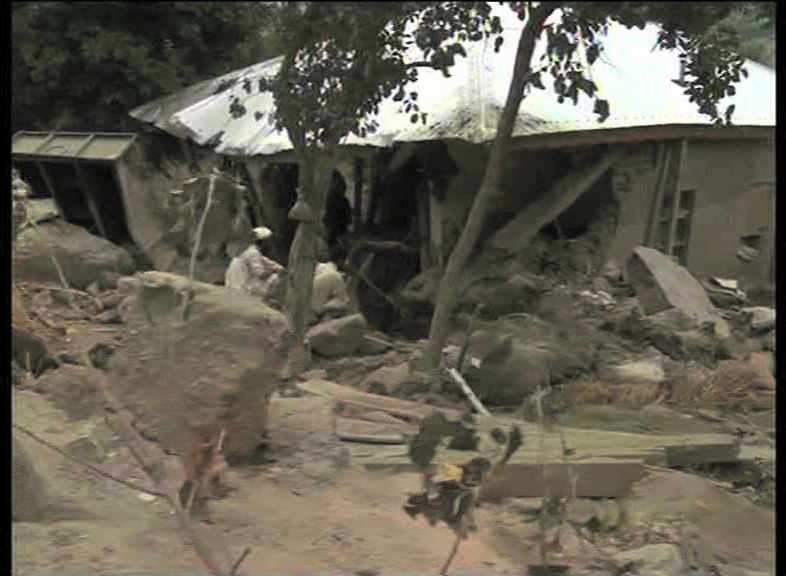
According to Maghfirat Shah, the flood came at 10 pm and caused widespread damage.
Latifur Rehman, a spokesman for the provincial disaster management authority, said: "Sixteen of the dead were offering prayers in the mosque when it was swept away by the flood."
He added that a military-led rescue and relief operation was now underway, with helicopters being used to reach the affected people and provide them with food and medicines.
A statement issued by the provincial disaster management authority said 82 houses were affected by the waters, and efforts were underway to provide food and relief items to the villagers.
Another senior local official, Osama Waraich, said that the bodies of eight of the victims from Arsoon had been found on the Afghan side of the border.
Separately, two Chinese engineers were killed and five Pakistani workers injured when the roof of a construction site collapsed at Tarbela Dam owing to the rains that began late Saturday, Latifur Rehman, spokesman for the Provincial Disaster Management Authority (PDMA) said.
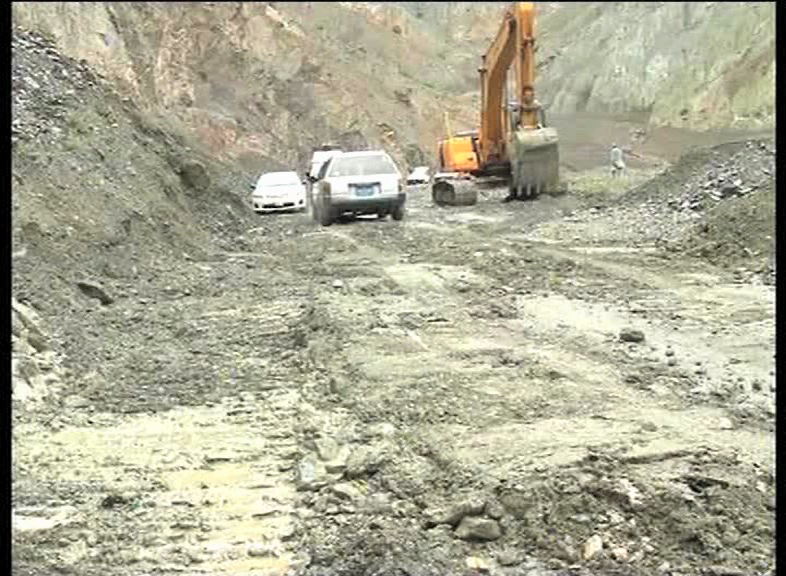
Many other people are still missing and their search is underway.
The district mayor has said that rescue operations are undergoing difficulties as all the routes are blocked after the floods.
A high alert has also been issued in the area.
The NDMA has said that they are in contact with the district administration are closely monitoring the situation.
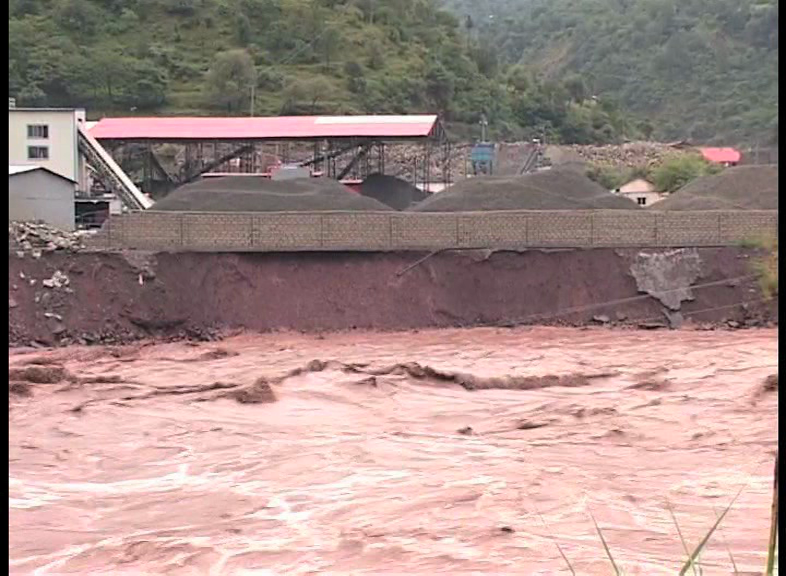
Security forces check post was also hit by flashing flood after which 41 people including Pak army personnel had been reported missing. Initially, KP government had released Rs 1.50 million for rehabilitation process of flood victims. Inter-Services Public Relations (ISPR) stated that army personnel, accompanied by relevant authorities were taking active part in relief operations.
Governor Khyber Pakhtunkhwa Iqbal Zafar Jhagra while expressing grief over the deaths and destruction has directed the administration to accelerate the relief efforts.
Prime Minister (PM) Nawaz Sharif and Chairman Pakistan Tehreek-i-Insaf (PTI) Imran Khan has also expressed deep concern over the flood situation in Chitral and has ordered the provincial government to mobilize immediately and take steps to ensure complete protection of local population.
In April rains and landslides killed 127 people in Khyber Pakhtunkhwa, Gilgit-Baltistan region and Azad Kashmir.
Poorly built homes across Pakistan, particularly in rural areas, are susceptible to collapse during the annual spring and monsoon rains in July-August, which are often heavy.
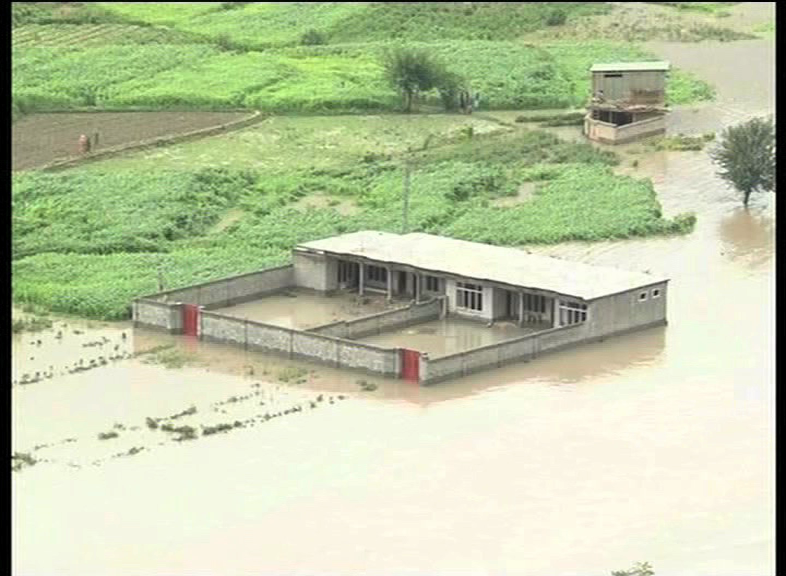
Deadly rains
Severe weather in recent years has killed hundreds and destroyed huge tracts of prime farmland.
During the rainy season last summer, torrential downpours and flooding killed 81 people and affected almost 300,000 across the country.
The worst flooding in recent times occurred in 2010 and covered almost a fifth of the country’s total land mass. Nearly 2,000 people were killed and 20 million affected.
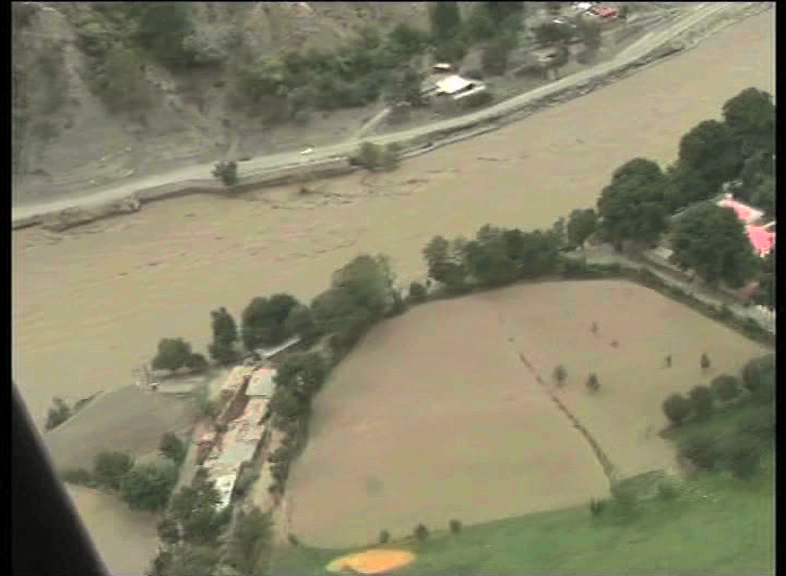
Rapid deforestation brought about by decades of illegal logging in the country’s north and the growth of farming along the river Indus in the south is believed by experts to have exacerbated the effects of the annual floods.
Energy-starved Pakistan relies on a multitude of dams and barrages to prevent Himalayan rivers from flooding and help meet its power needs, but some academics believe the slowing of rivers due to the structures mean that silt accumulates, decreasing their capacity.
A research paper commission by conservation group WWF and published in 2000 looked at various countries, and warned of similar consequences. It noted the drainage of wetlands as well as deforestation associated with dams led to a loss of natural ‘sponges’ to absorb flood waters during rainy season.
WATCH VIDEO BELOW:


